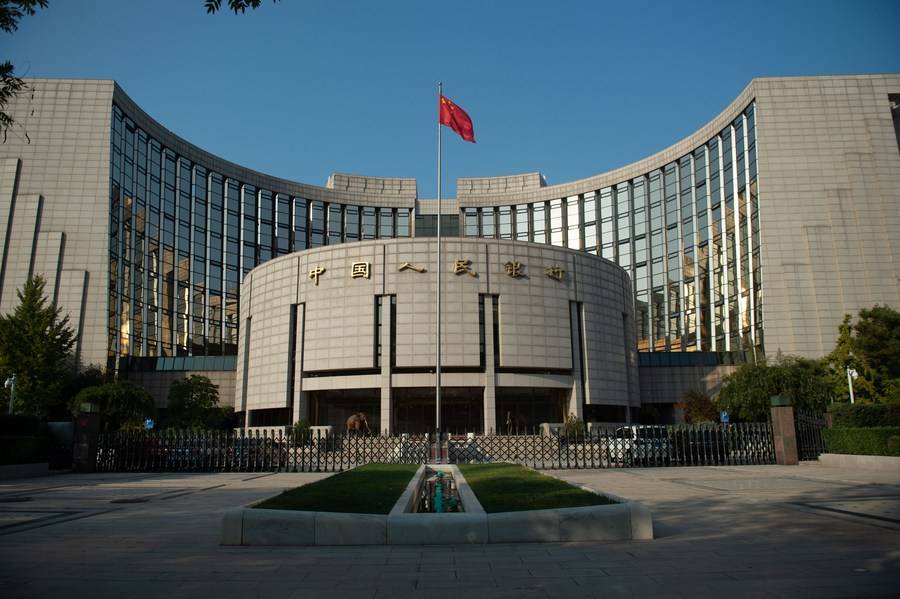In a significant move toward reshaping global economic dynamics, the central banks of China and Saudi Arabia recently inked their first-ever currency swap agreement. This landmark pact, valued at 50 billion yuan (US$6.97 billion) or 26 billion riyal, symbolizes a strategic shift away from the traditional linkage of the world’s major oil trade with the US dollar. The People’s Bank of China (PBOC) and the Saudi Central Bank (SAMA) have set the stage for a new era of bilateral commerce denominated in the yuan and the riyal.
The three-year currency swap agreement, with the potential for extension through mutual consent, underscores the deepening collaboration between the two central banks. Saudi Arabia’s governor, Ayman bin Mohammed Al-Sayari, emphasized the importance of strengthening connections with the PBOC through bilateral dialogues, participation in multilateral forums, and partnerships in international organizations. This move aligns with Saudi Arabia’s broader economic strategy, particularly its ambitious Saudi Vision 2030 program aimed at reducing dependence on fossil fuels and diversifying the national economy.
For China, this agreement is the latest in a series of currency swaps, marking the 30th such deal signed by the PBOC over the past decade. The nation has been proactive in promoting the internationalization of the yuan, seeking to reduce reliance on the US dollar. The move is strategic, especially in light of global geopolitical shifts and concerns raised by Russia’s experience with Western sanctions. By fostering yuan-denominated transactions, China aims to bolster its pricing power and further internationalize its currency.
China, as the world’s second-largest economy and the largest global importer of crude oil, has been gradually shifting its oil transactions away from the dollar. Since 2018, China has been pricing oil derivatives in yuan, a move that has gained traction as yuan-denominated contracts on the Shanghai International Energy Exchange (INE) have started to outpace their dollar-denominated counterparts in hubs like New York and London. The recent agreement with Saudi Arabia, a significant oil supplier to China, further strengthens China’s position in the global oil trade.
Beyond economic benefits, the currency swap agreement opens the door for enhanced bilateral dialogues between China and Saudi Arabia. SAMA’s governor stresses the importance of these dialogues as platforms for exchanging views, experiences, and policy insights. Such engagements, ranging from high-level meetings to working groups, create opportunities for both nations to deepen mutual understanding and strengthen diplomatic ties.
The Saudi governor also extends an invitation to Chinese banks to grow and expand in Saudi Arabia. This aligns with a broader push for foreign investment and fintech-driven financial inclusion. The recent opening of Bank of China’s branch in Riyadh, the second Chinese lender to establish a presence in the kingdom, is a testament to the growing economic ties between the two nations.
As China and Saudi Arabia take this historic step towards unlinking the world’s largest oil trade from the US dollar, the implications are far-reaching. The currency swap agreement not only reshapes economic ties but also opens avenues for increased collaboration, mutual understanding, and shared economic prosperity. This move reflects the evolving dynamics of global economic power and sets the stage for a new era in international trade and finance.
(Source: SCMP | Reuters | Bloomberg | Arab News)









